News 2016

Ein neuartiges Kohlenstoffnitrid-Polymer speichert licht-induzierte Elektronen und gibt sie nach Bedarf frei.
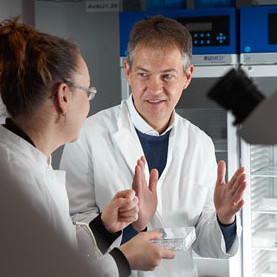
Biochemist Karl-Peter Hopfner studies how cells detect and repair the damage to their DNA that is an inevitable consequence of environmental factors and enzymatic errors. His work has now won him Germany’s most important prize for research.
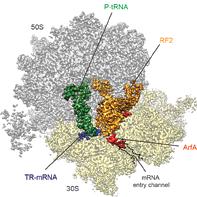
LMU researchers have elucidated a mechanism that recycles bacterial ribosomes stalled on messenger RNAs that lack termination codons. The protein involved provides a potential target for future antibiotics.
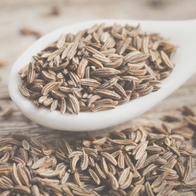
LMU chemist Oliver Trapp has designed and synthesized a catalyst which flexibly molds the handedness of the reaction products with which it interacts.
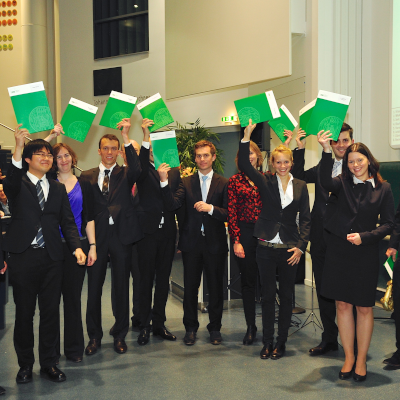
Zeugnisübergabe Master Chemie und Master Biochemie sowie Römerpreis-Verleihung am 2.12.2016
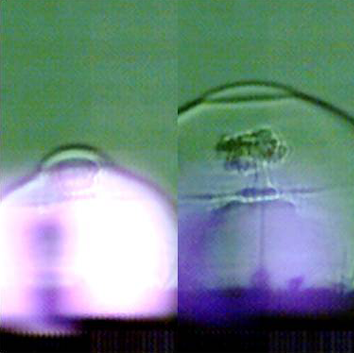
LMU chemists have developed two new secondary explosives that are significantly more effective than comparable materials currently available.
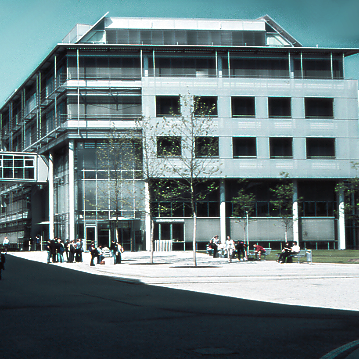
Die diesjährige Akademische Abschlussfeier des Departments für Pharmazie – Zentrum für Pharmaforschung findet am Freitag, den 25.11.2016 im Buchner-Hörsaal statt.

Professor Christian Ochsenfeld from the Department of Chemistry of the LMU, Dr. Daniela Kugelmann from the Anatomical Institute of the Medical Faculty as well as PD Dr. Felix Schönbrodt from the Faculty for Psychology and Educational Theory were honored with the Price of Good Teaching at universities of Bavaria. Science Minister Ludwig Spaenle awarded the prizes of all Bavarian universities on November, 16, 2016 in the Senate Hall of the LMU.
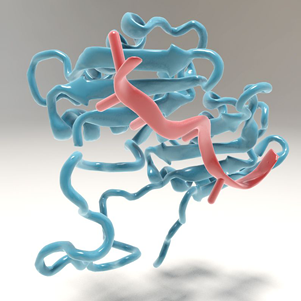
Before RNA copies of genes can program the synthesis of proteins, the non-coding regions are removed by the spliceosome. Munich researchers report that distinct conformations of a member of this molecular complex play a vital role in the process.
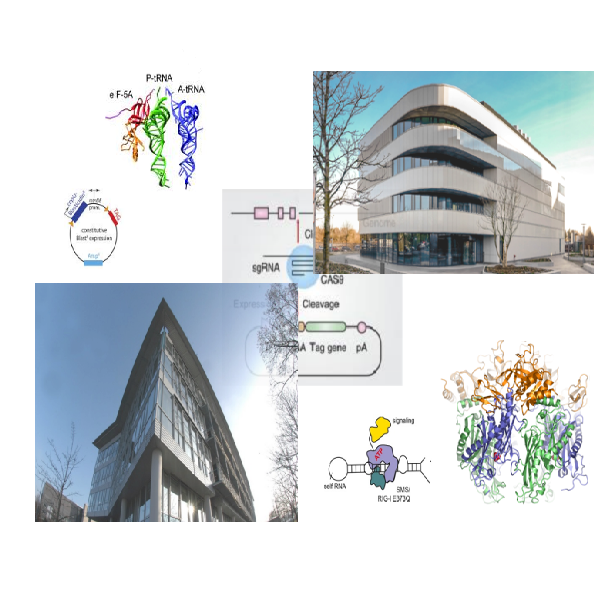
On 21.10.2016, starting at 15:00, the working groups of biochemistry will present their research topics in short presentations and laboratory courses for chemistry and biochemistry students.
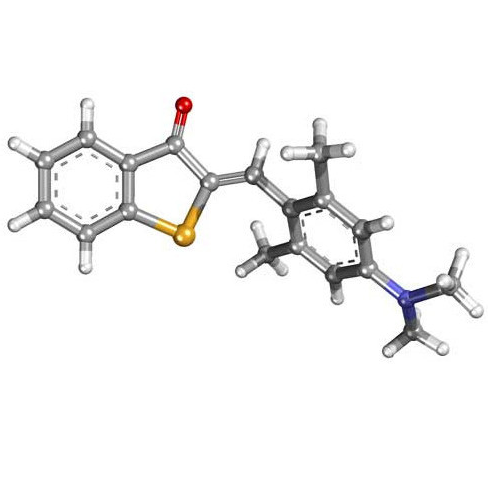
LMU chemists have synthesized a new photo-activatable molecule, which shows 2-dimensional switching behavior – an essential prerequisite for the construction of complex molecular machines.
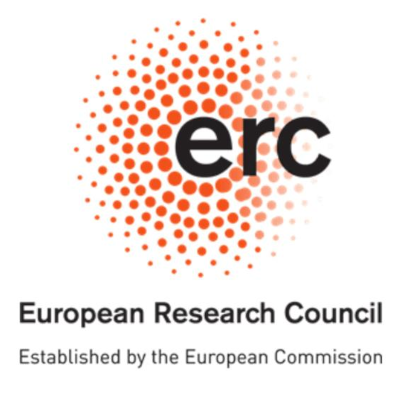
Six proposals submitted by LMU applicants have won prestigious ERC Starting Grants from the European Research Council.
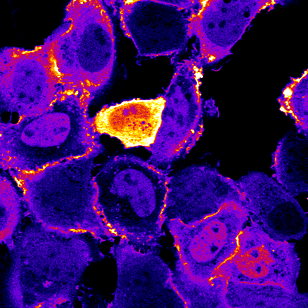
LMU and EMBL researchers equipped vital cellular transmitters with an optical switch. This allows them to get detailed insight into the complex communication networks of metabolism.
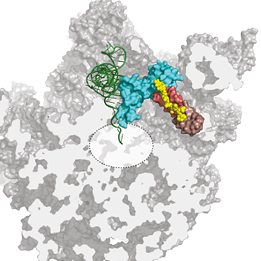
An LMU team has shown that orthosomycins bind to a site on the bacterial ribosome that is not used by any other antibiotic. The finding could lead to agents that are effective against existing multi-drug resistant bacterial strains.
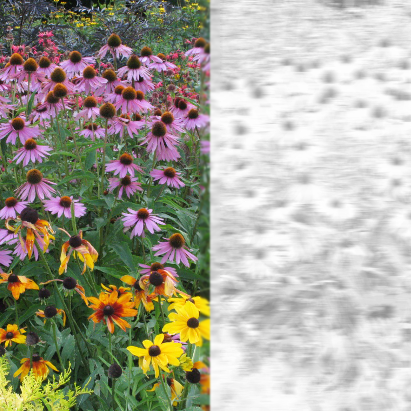
Pharmacologists at LMU have developed gene-based agents for the treatment of congenital eye diseases. The first of these is now undergoing a phase-I clinical trial in color-blind patients at the University Medical Center in Tübingen.
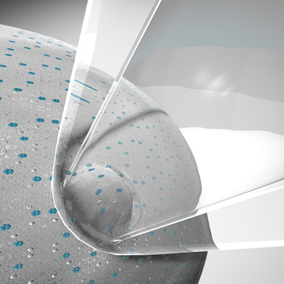
LMU pharmacologist Christian Grimm has been awarded this year’s NCL Award for Research for a project that seeks to elucidate the major genetic cause of childhood dementia and identify new therapeutic agents for the condition.
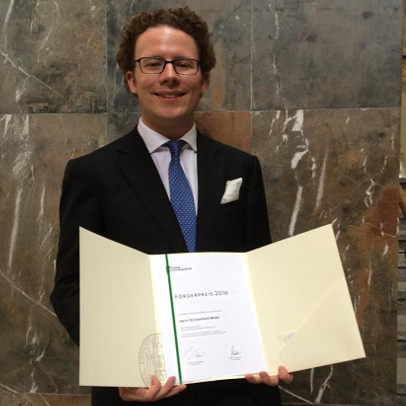
At the foundation party of the LMU, Dr. Leonhard Möckl from the faculty for chemistry and pharmacy received a promotion price.
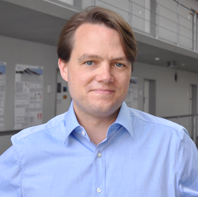
Professor Veit Hornung, who holds the chair of Immune Biochemistry at the Gene Center of the LMU, is elected as a member of the Leopoldina - National Academy of Sciences in Halle / Saale.
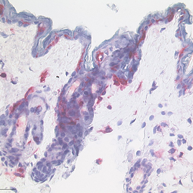
Research teams at LMU Munich and Bonn University have decoded an autoimmune mechanism that enables so-called natural killer cells to attack chemically modified skin cells, and reveals that these immune cells exhibit immunological memory.
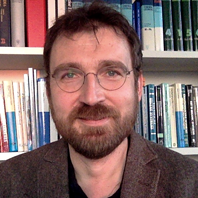
LMU professor Dirk Trauner honored for his significant contributions to photopharmacology and optogenetics.
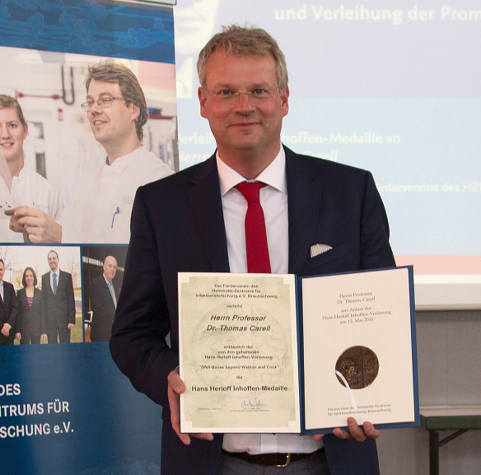
Professor Thomas Carell was honored for his outstanding research in the field of DNA repair with this year's Inhoffen Medal.
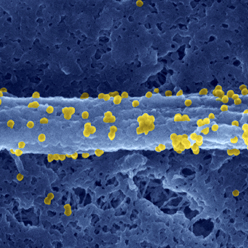
Scientists have developed a new strategy for the search on therapeutic options against Chikungunya. They have identified both known agents, as well as a new class of compounds as potential antiviral drugs.

Biological evolution was preceded by a long phase of chemical evolution during which precursors of biopolymers accumulated. LMU chemists have discovered an efficient mechanism for the prebiotic synthesis of a vital class of such compounds.
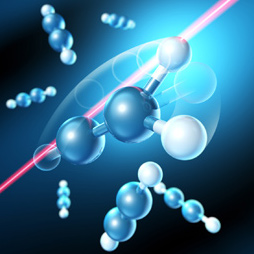
Using ultrashort laser pulses an international team at LMU Munich and the Max Planck Institute of Quantum Optics has managed to manipulate the positions of atoms in hydrocarbon molecules in a targeted fashion.
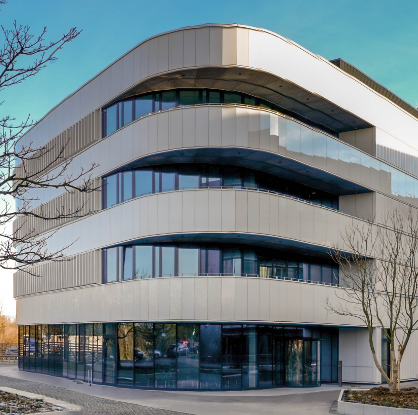
A new Center devoted to research on Molecular Biosystems is the latest addition to LMU’s HighTechCampus in Grosshadern/Martinsried.
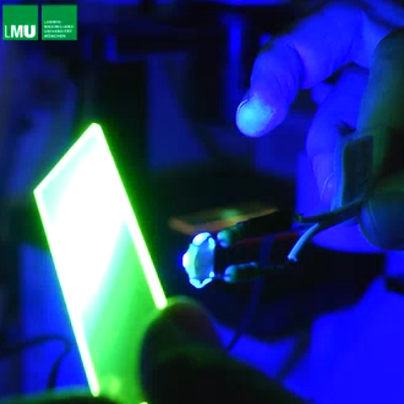
LMU chemist Dirk Trauner builds photoresponsive molecular switches that enable nerve-cell receptors to be controlled by light. In this way, nerve-cell activity can be switched on and off at will – in the laboratory. “But,” he says, “we hope that our research can be translated into medical applications.” In that case, Trauner’s strategy ould provide a means of compensating for the loss of photoreceptors in the retina – one of the most prevalent causes of blindness – or lead to more effective and less stressful forms of cancer chemotherapy.
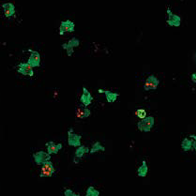
Using a combination of newly developed methods, researchers led by LMU immunologist Veit Hornung have defined a previously unknown pathway that triggers inflammation.

Am Freitag, den 26.02.2016 findet ein Schüler-Info-Tag für alle an Chemie oder Pharmazie interessierten Schüler statt. Highlights sind die große Chemievorlesung sowie Führungen, Experimente und Vorträge für Schüler auf dem gesamten Campus. Die Studiengangskoordinatoren stellen die Studiengänge der Fakultät vor.
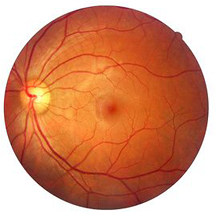
Mutations in the peripherin-2 gene are among the major causes of retinal degeneration. LMU researchers have now discovered why different mutations in the gene preferentially affect one or other of the two types of photoreceptor cells in the eye.